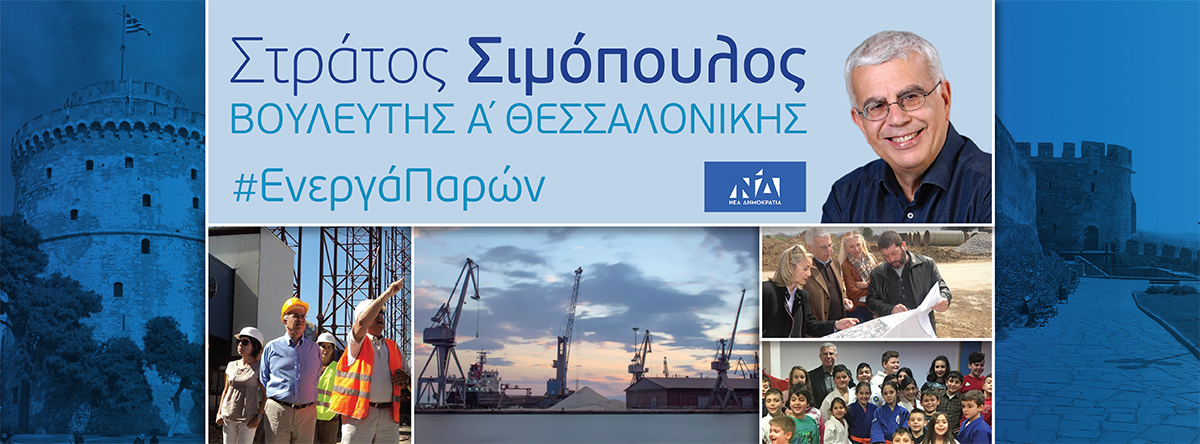Ladies and Gentlemen,
Today, we find ourselves in an era where political communication is evolving at an unprecedented pace.
Political marketing, the art and science of conveying political messages, shaping images, and building relationships with citizens, faces a new challenge. Artificial Intelligence.
Until recently, we spoke of television, radio, and social media.
Today, we talk about algorithms that predict our needs and preferences, systems capable of generating texts, images, and even videos with astonishing realism.
This means that political marketing gains new tools but also new responsibilities.
Artificial Intelligence can significantly strengthen the democratic process.
It can help political organizations better understand citizens’ concerns, analyze vast amounts of data, and tailor messages to diverse audiences.
A candidate can communicate more effectively with young people, the elderly, farmers, or entrepreneurs by deeply understanding their needs.
This makes communication more meaningful, direct, and more effective.
However, the same technology can be used for disinformation, manipulation, the spread of false news, and the distortion of public opinion through artificially generated content, such as deepfakes.
The line between what is real and what is fake is becoming ever more blurred, threatening citizens’ trust in institutions and in the democratic system itself.
Therefore, it is imperative to develop policies and institutional frameworks that ensure Artificial Intelligence serves the public good.
In this direction, the European Union has already taken a decisive step.
On 13 June 2024, Regulation (EU) 2024/1689 was adopted, establishing harmonized rules for the use of Artificial Intelligence systems.
Professor Stephen Hawking had warned that “the development of full artificial intelligence could spell the end of the human race.”
It is, therefore, essential to prevent such a scenario.
To achieve this, we need:
-
Transparency, so that citizens know when a message is the result of algorithmic processing.
-
A legal framework, with clear rules and supervisory mechanisms.
-
Education and training to foster critical thinking and digital literacy.

